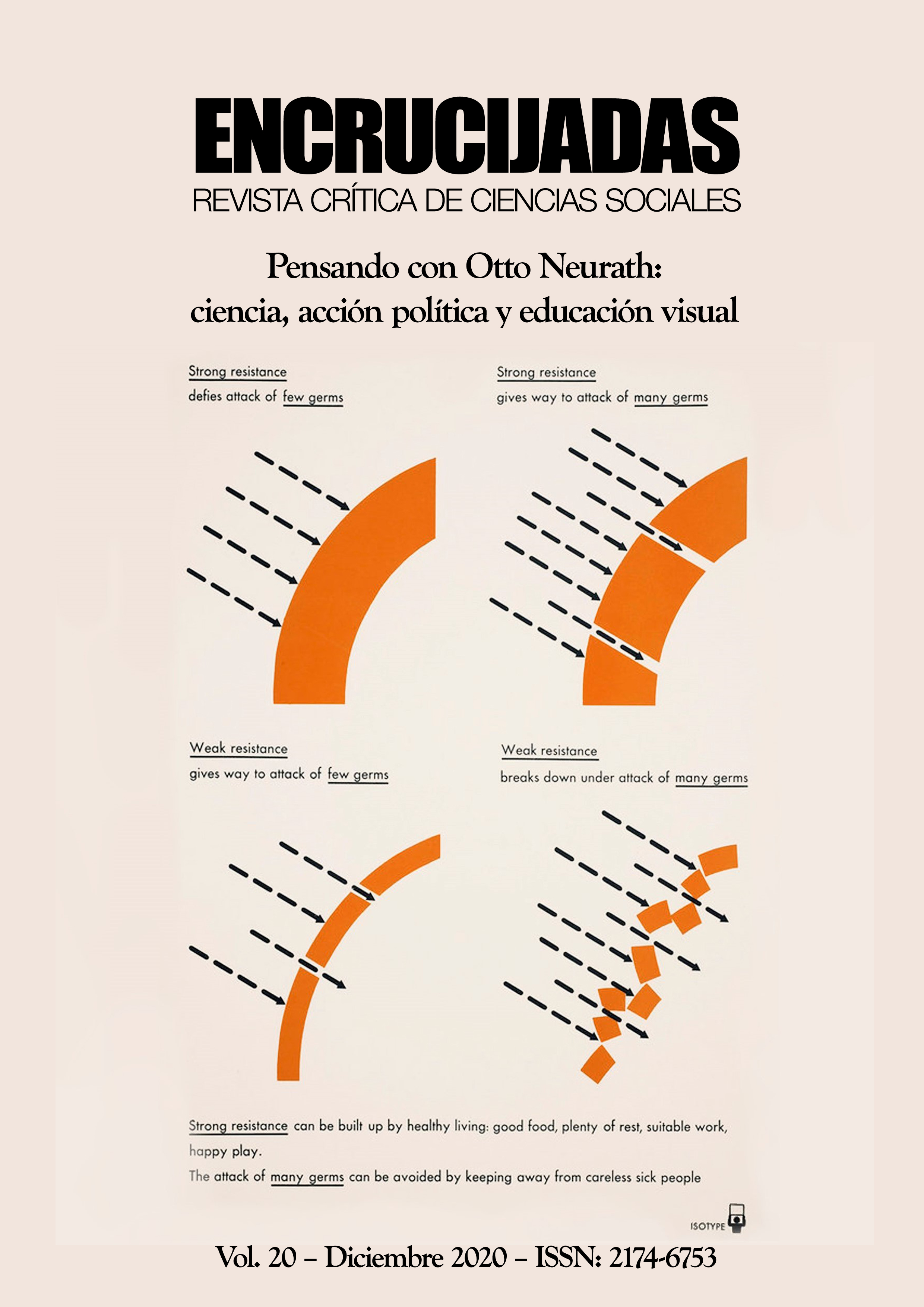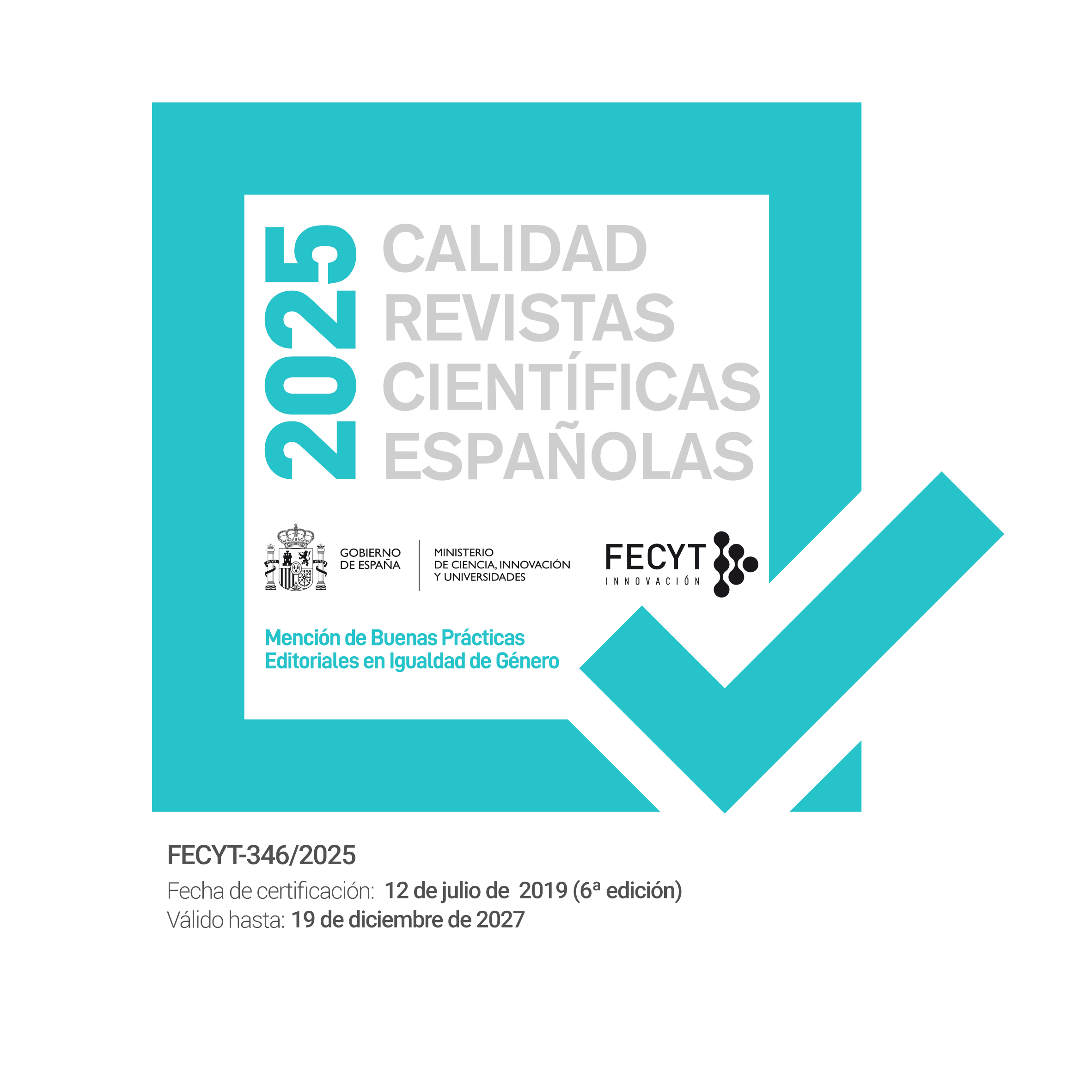Horkheimer y la visión heredada del positivismo. Una lectura crítica en compañía de la réplica de Neurath
Palabras clave:
Filosofía de la ciencia, Horkheimer, Positivismo, Epistemología, NeurathResumen
El presente trabajo propone, por un lado, examinar críticamente la concepción del positivismo en la obra temprana de Horkheimer, concebida ésta como una reconstrucción interpretativa de relevancia central y de fuerte impacto filosófico. Para llevar a cabo dicho objetivo se hará en primer lugar una lectura analítica de varios textos de Horkheimer, donde se reconstruirán los tópicos relevantes que signan al positivismo (particularmente el positivismo lógico) en la interpretación horkheimeriana. En este sentido, el primer apartado comienza analizando la conformación de “positivismo” en las obras tempranas de Horkheimer desde una perspectiva de antagonismo frente a la herencia hegeliana. Seguidamente, el segundo apartado se detiene particularmente en la interpretación horkheimeriana de la concepción del conocimiento y rol de ciencia en el positivismo lógico; a lo que sigue una lectura crítica de la interpretación antes mencionada (tercer apartado). En este tercer apartado, se persigue, a su vez, un segundo objetivo: sumar a dicha crítica los argumentos del propio Neurath (1937b) en su respuesta al texto de Horkheimer (1937b). Finalmente, se presentan algunas consideraciones finales.
Descargas
Descargas
Publicado
Cómo citar
Número
Sección
Licencia
Derechos de autor 2020 Encrucijadas. Revista Crítica de Ciencias Sociales

Esta obra está bajo una licencia internacional Creative Commons Atribución-NoComercial-SinDerivadas 4.0.
Los autores/as conservan los derechos de autor y ceden a la revista el derecho de la primera publicación, con el trabajo registrado con la licencia de atribución de Creative Commons Reconocimiento-NoComercial (CC-BY 4.0), que permite a terceros utilizar lo publicado siempre que mencionen la autoría del trabajo y a la primera publicación en esta revista. Encrucijadas permite y se anima a todas las personas autoras a depositar la versión final publicada en repositorios institucionales o temáticos de acceso abierto, cumpliendo en caso necesario los términos establecidos por la entidad financiadora de la investigación.





